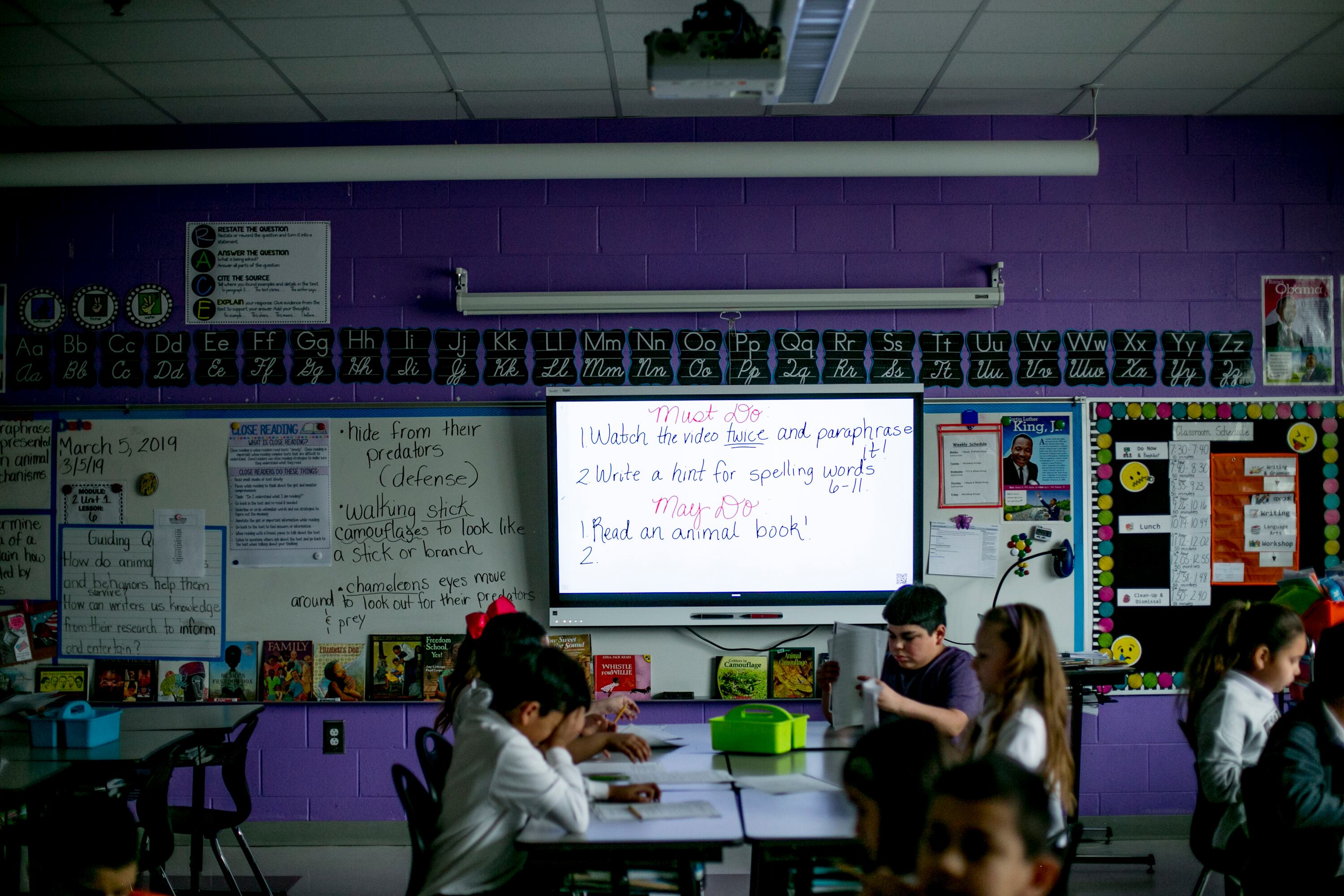The Detroit school district alerted families Monday afternoon that schools will dismiss students early Wednesday through Friday because of forecasts of extreme heat during the second half of the week.
The early dismissals affect all in-person schools. The virtual school will remain open for full days of instruction.
It’s the second such move by the district in recent weeks. Nearly two-thirds of the district’s schools don’t have functioning air conditioning, a deficiency that district officials plan to address in the next several years.
On May 31, as temperatures neared 90 degrees, Superintendent Nikolai Vitti called for a weather-related early dismissal, saying the heat inside classrooms would make teaching and learning more difficult for students and staff.
“Hot classrooms and schools can lead to students overheating, sweating, and generally being irritated,” he said at the time.
This week’s temperatures are expected to peak on Wednesday at around 97, with humidity making it feel more like 100 degrees, according to the National Weather Service, which flagged an “excessive heat watch” in metro Detroit from Wednesday afternoon through Thursday morning.
Beyond the early dismissals, Vitti is focusing on a longer-term solution to hot classrooms: The district intends to bring nearly all schools up to date through a $125 million investment that in five years, will provide air conditioning in 95% of school buildings.
That investment will come from the district’s $700 million facility plan approved by the school board in May.
Janeah Allen, a district parent, had mixed feelings about the decision. She said she graduated high school without “any air conditioning at all” and didn’t feel like hot days stopped her from learning.
But she acknowledged that students with pre-existing conditions may feel uncomfortable in a hot, indoor environment, especially when they’re required to wear masks in school.







